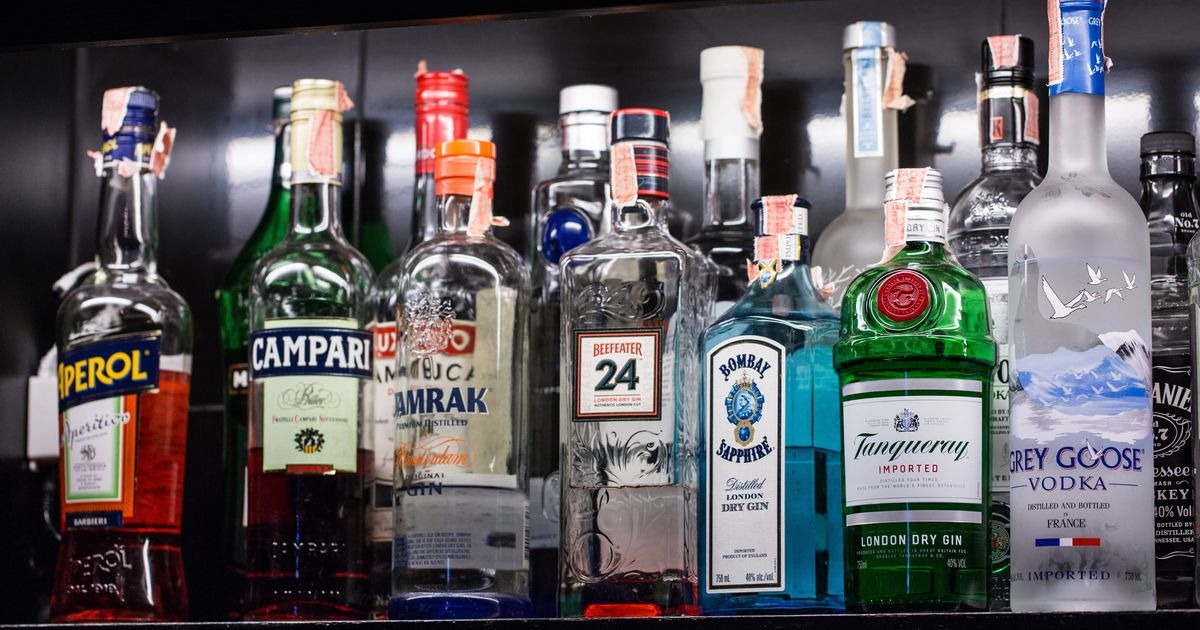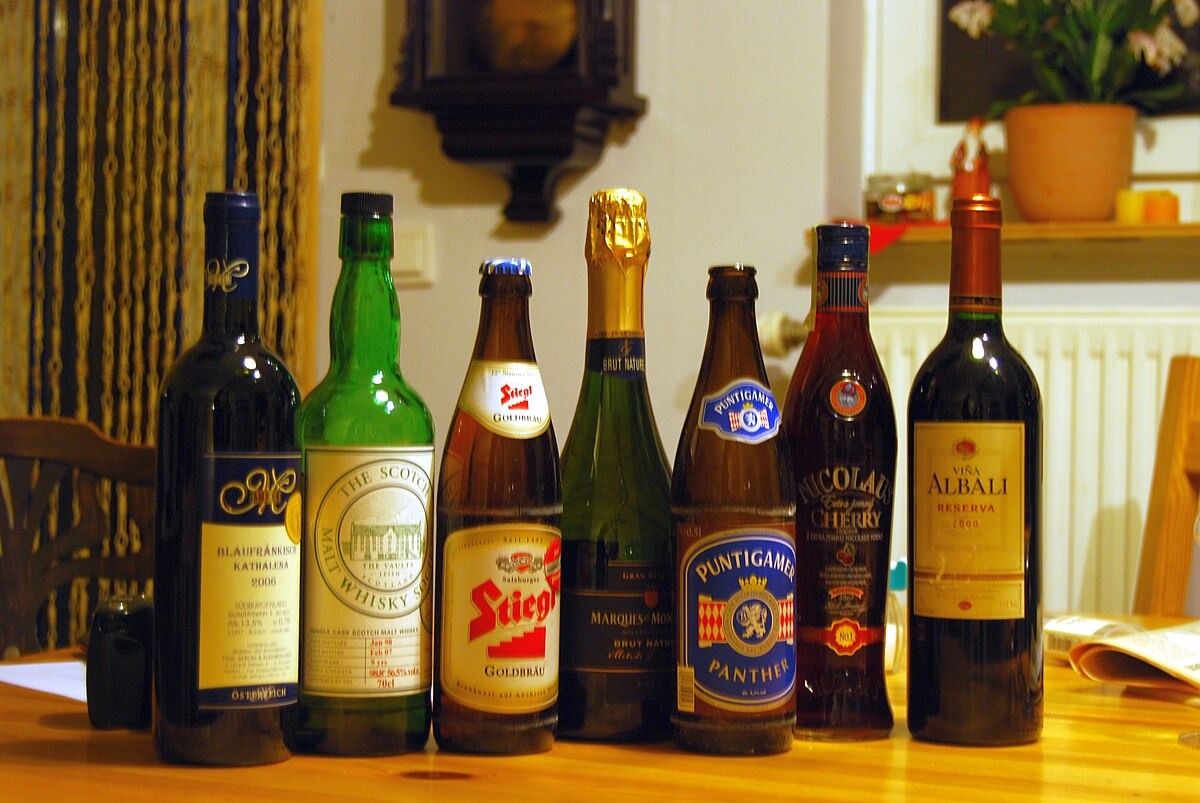The involvement of the alcohol industry and allied organizations in decision-making processes concerning alcohol regulation and policy can lead to prioritizing industry commercial interests over the health of the public.
This phenomenon is supported by substantial evidence showcasing the role of commercial actors, particularly producers of harmful commodities, along with the trade associations and third-party organizations they fund.
These entities often manipulate policy and public discourse to serve their ends, masquerading as health experts and self-regulators while hindering the adoption of effective prevention policies.

Despite recommendations from authoritative bodies like the World Health Organization (WHO) advocating for the exclusion of alcohol producers from policy considerations beyond implementation, the UK continues to witness active participation of the alcohol industry in alcohol policy development.
A recent parliamentary oral evidence session focused on preventing alcohol harms serves as a stark reminder of how industry influence poses a huge obstacle to progress, especially at a time when alcohol harm is at record highs.
During this session, four organizations representing or receiving funding from the alcohol industry were included in the Health Select Committee’s work stream on preventing alcohol harm.
However, the panelists did not initially disclose conflicts of interest. This session highlighted how the alcohol industry seeks to influence discussions in its favor, directly and through its funding of industry-friendly narratives.
One noticeable aspect observed during the session was the lack of emphasis on evidence-backed policies recommended by WHO, such as alcohol taxation or minimum unit pricing, which effectively tackle alcohol-related harms.

Instead, industry participants advocated for more public information campaigns despite the limited evidence supporting the efficacy of such privately sponsored messaging on alcohol harms. These suggestions contradict established evidence, civil society inputs, and WHO guidance.
Another concerning trend noted during the session was the industry’s tendency to take credit for positive trends in alcohol use while downplaying its role in contributing to alcohol-related harms.
Claims of industry initiatives leading to declines in youth drinking were unsubstantiated. In contrast, the industry portrayed itself as a “gold standard” of self-regulation, deflecting responsibility for alcohol harm onto the government and individuals.
Despite every happening, there were efforts to shape notions of evidence, including disputing independent scientific evidence in favor of industry-friendly narratives.
This tactic, known as “evidential landscaping,” aims to deflect attention from effective policies restricting commercial interests. For instance, discussions on minimum unit pricing were marred by claims of inconclusive evidence despite clear positive impacts reported in evaluations.
This session exemplifies how including industry and industry-funded organizations in evidence-gathering can distort the narrative to favor industry interests over public health. It underscores the need for a new alcohol strategy in the UK that prioritizes health and equity, informed by WHO guidance and independent civil society inputs.
This strategy should aim to prevent alcohol harm and safeguard policymaking, research, and public health practices from undue influence from the alcohol industry. Policy discussions must remain free from commercial interests to ensure effective alcohol regulation and protection of public health.


